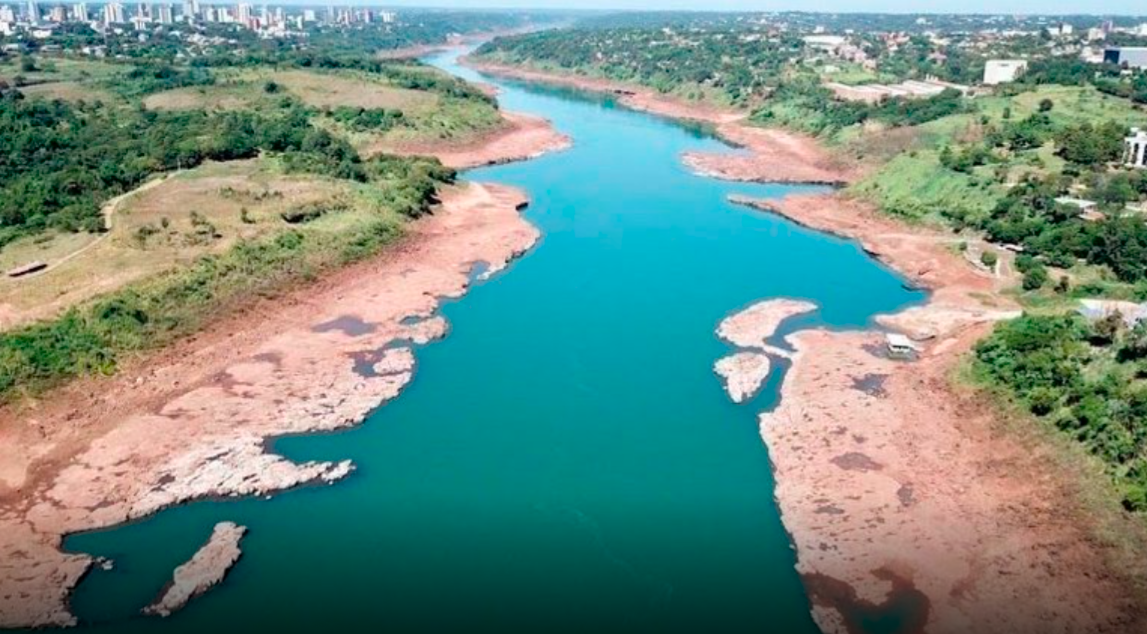RIO DE JANEIRO, BRAZIL – Paraguayan Minister of Agriculture and Livestock, Santiago Moisés Bertoni, told the AgroAmérica program of the Brazilian television channel AgroMais, also released Tuesday by the Costa Rica-based Inter-American Institute for Cooperation in Agriculture (IICA).
“The Paraguayan farmer is always ahead of the game, he has proven that many times in very difficult situations. We are working hard to ensure that this is not just a short-term bad memory, but an opportunity to implement better solutions for agricultural production,” Bertoni said.
Read also: Check out our coverage on Paraguay
For more than two years, drought has caused a decline in the watershed of the Paraná River, one of South America’s most important rivers, and has also affected economic activity in Brazil and Argentina, as well as Paraguay, IICA said.

“We are a distinctly agricultural country and, unlike other countries in the region, we do not have a coastline. Because of our distance from the sea, we have to import inputs and export our production at a significant cost premium. Recently, the lack of rainfall has affected our main export product, soybeans,” said Minister Bertoni.
The Paraguayan official elaborated that his country has a cultivated area of 3.2 million hectares that has been severely affected by the drought and estimated that production is down by 50 to 60%.
“This year we will probably have the worst harvest since the beginning of large-scale agriculture,” warned the minister, who also described the livestock sector as affected.
Bertoni acknowledged that the Paraguayan economy is highly dependent on river transport via the Paraná and Paraguay rivers, which has been very difficult recently due to the decline in water volumes.
The minister also stressed the importance of new technologies to improve agricultural production and make it more resilient, as well as cooperation between countries and organizations such as IICA.
“We need to take a strong position in international forums and gradually join other producing countries in other regions that have the same vision, so that the productive interests of the region are taken into account in the negotiations and we can collaborate in the sustainable production of food for the world,” he said.

